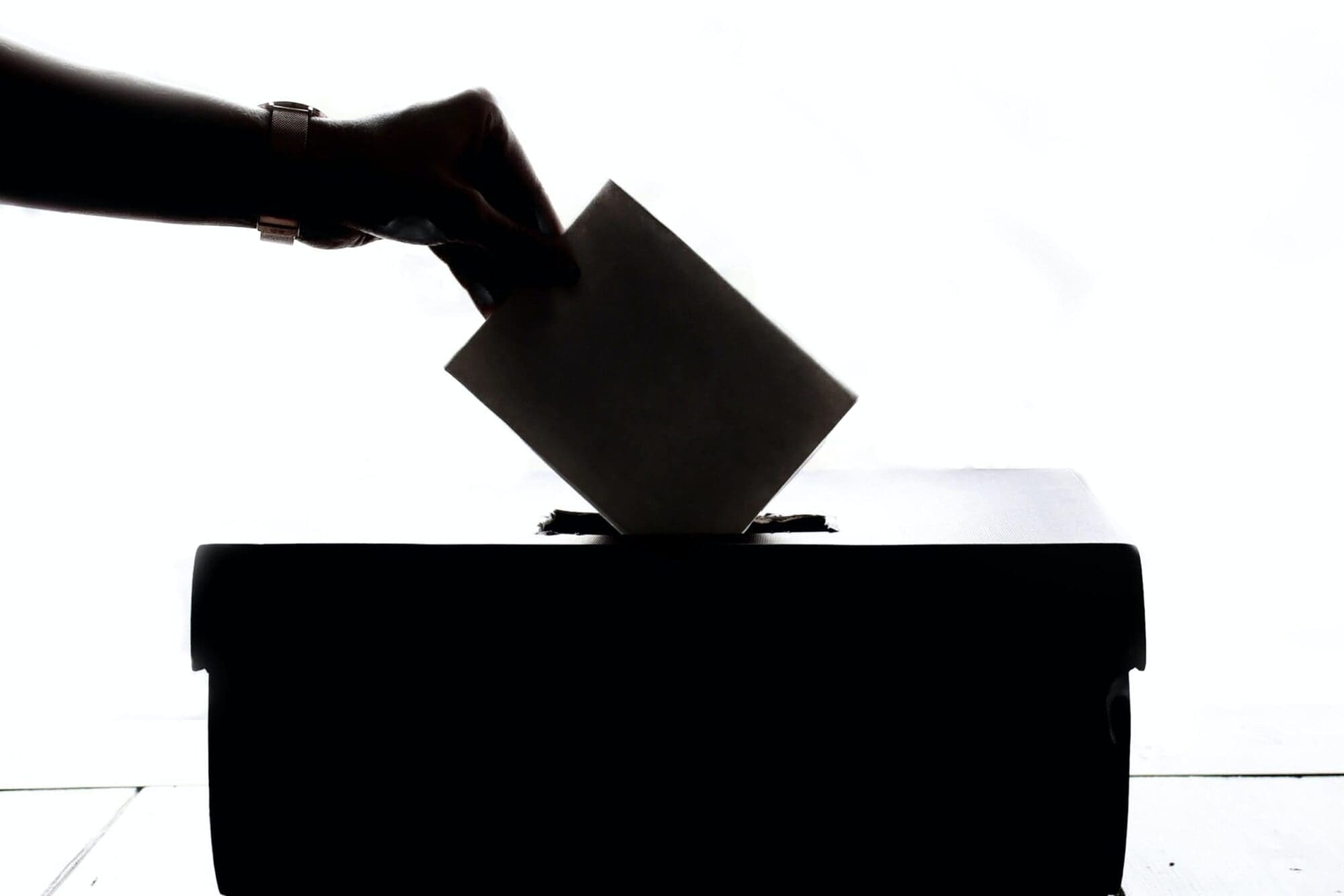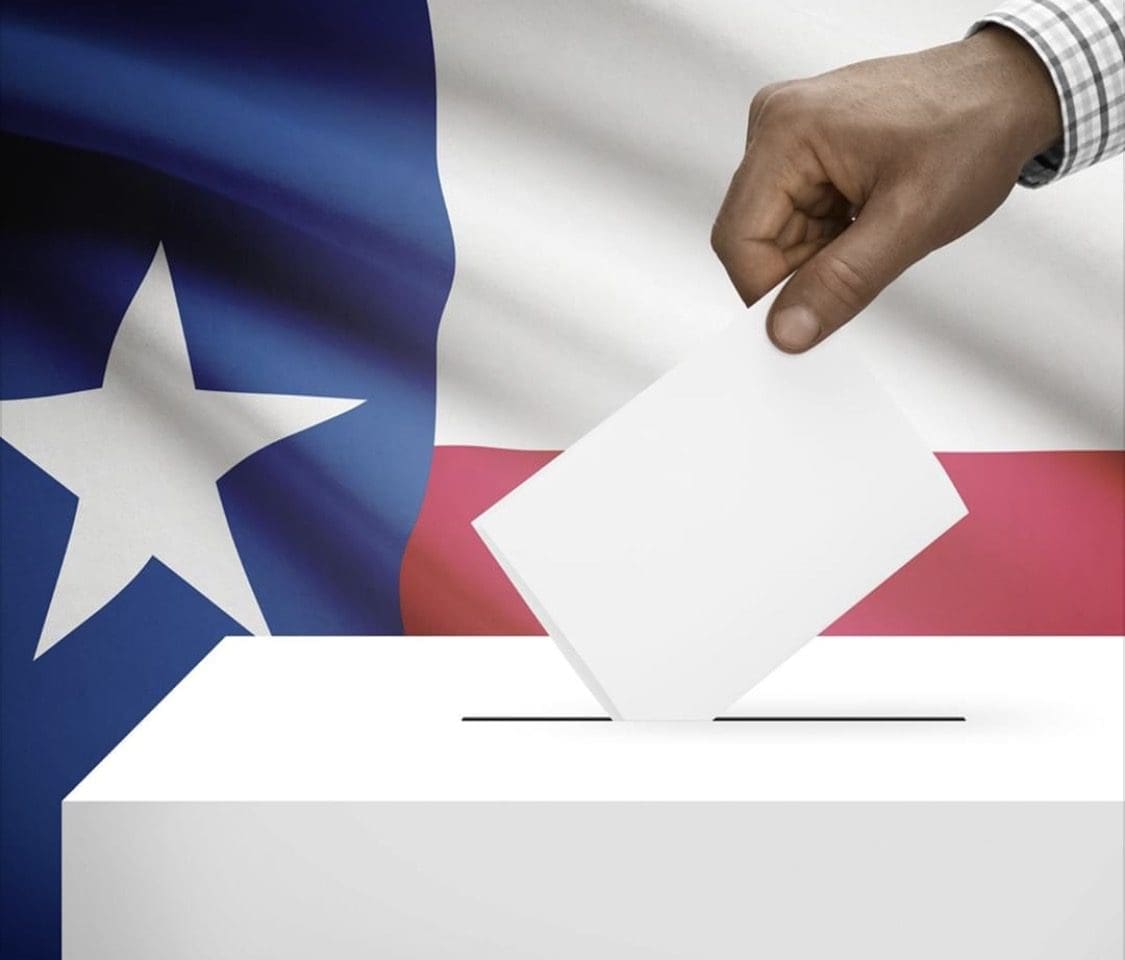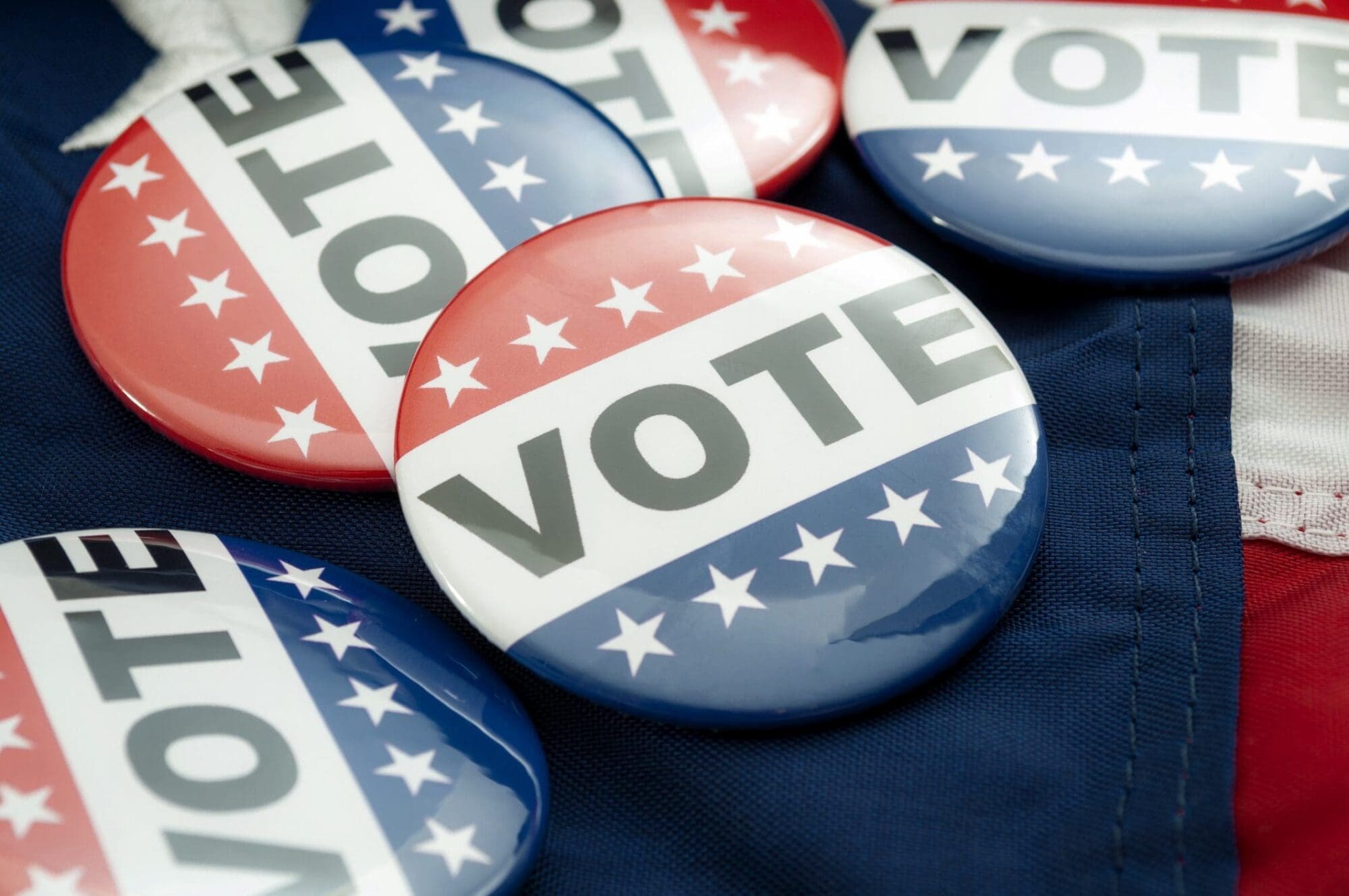Eight months after leaving the Electronic Registration Information Center following legislative action, Texas needs a new interstate crosscheck program as required by the Election Code.
Vice Chair John H. Bucy, III (D-Austin) recently stated at a House Elections Committee hearing, “I remember when Donald Trump shared The Big Lie and a lot of people started running from a good data source,” referring to ERIC. However, five states departed before Trump advised leaving ERIC; Texas was ninth.
Devvie Duke, a former State Republican Executive Committeewoman and Republican Party of Texas Chair of the Election Integrity committee, disputed ERIC’s efficacy. She testified as a Senate committee witness for SB 1070, the legislation that removed the state from ERIC.
“My starting point was always ‘Is ERIC doing what it purported to do?’ which was ‘Let us clean your dirty voter rolls,’” Duke began. “My continual answer to that as I researched was ‘That’s not what their focus is.’”
According to Duke, its membership agreement primarily focused on gathering data on EBUs—eligible but unregistered voters. ERIC shared EBU information with left-wing Center for Election Innovation & Research (CEIR), contravening its membership agreement requiring nondisclosure of data to non-members, including public record requests.
The left downplayed ERIC’s partisanship, stating that although initial funding came from the purportedly nonpartisan Pew Charitable Trust, member states support ERIC with tax dollars; Texas paid $1.5 million to join in March 2020. However, CEIR’s Executive Director David Becker founded ERIC (and remains a non-voting board member) as Pew’s elections program director.
Records support Duke’s claims that ERIC failed to report election vulnerabilities like duplicate registrations, leading to double voting exploits in member states.
In one particularly egregious example, Limestone County Elections Administrator Jennifer Southard only learned from a citizen in 2023 about a man in her county allegedly double-voting in Otero County, New Mexico from 2014 to 2020.
With the help of the Limestone County District Attorney, the Sheriff’s Office, and the Otero County Elections Office, Southard soon discovered that the voter double-voted again in 2022.
ERIC never notified her office about his duplicate registration or double votes.
Likewise, ERIC never notified the New Mexico Secretary of State, the Otero County Elections Office, or the Otero District Attorney’s Office.
When Texas Scorecard asked the Texas Secretary of State’s office about any ERIC communications regarding the double voter, they said, “We have no information to provide you at this time in response to the Request.”
Other vulnerabilities ERIC didn’t report persist to date. For example, a Texas voter who last voted in the state over a decade ago and is registered to vote in ERIC member state Nevada remains “active” in Texas.
Only one public records request indicated that ERIC sent material about a double voter to election clerks in Arizona and Wisconsin. However, this occurred over a year after the election.
ERIC never replied to multiple attempted inquiries about these and other cases uncovered. (Its number is a Google Voice answering service and its mailing address is a virtual office.)
Christina Adkins, Texas Secretary of State’s Elections Director, stated that although ERIC provided supplemental data Texas won’t depend on third-party organizations any longer. Adkins added that the SOS office will rebuild TEAMS (Texas Election Administration Management Systems) and seek to form agreements and partnerships with agencies from other states. However, this won’t happen until 2025. Meanwhile, securing elections is a Republican legislative priority.
Christine Welborn, Executive Director of Advancing Integrity, suggests Texans submit voter challenges to their election administrators by the August 7 deadline.
She also recommends that campaign volunteers who block-walked and discovered voters no longer residing at homes visited should submit data to the county election administrator with a notarized affidavit. These challenges will trigger a mailed notice to the voter’s address to confirm residency. A voter’s failure to reply places them in suspense, which begins the removal process.
Welborn explains that this process prevents voter disenfranchisement because challenges do not immediately remove voters and leave a path for voting. At worst, she adds, suspended voters sign a statement of residence form and show proper identification with their address when they vote.
Welborn concluded, “We just want accuracy, and there’s nothing wrong with wanting accurate voter rolls.”
After the election, Welborn recommends contacting elections administrators for the status of the challenged voters and bringing the results with copies of their original affidavits to legislators when discussing relevant election integrity bills.
“Even the good guys need ammo,” said Welborn, noting that lawmakers can justify supporting specific election integrity bills when armed with reliable evidence.
Both Duke and Welborn stated that concerned citizens should volunteer their time as election clerks, judges, poll watchers, and ballot board members from early voting to Election Day.
No ads. No paywalls. No government grants. No corporate masters.
Just real news for real Texans.
Support Texas Scorecard to keep it that way!





